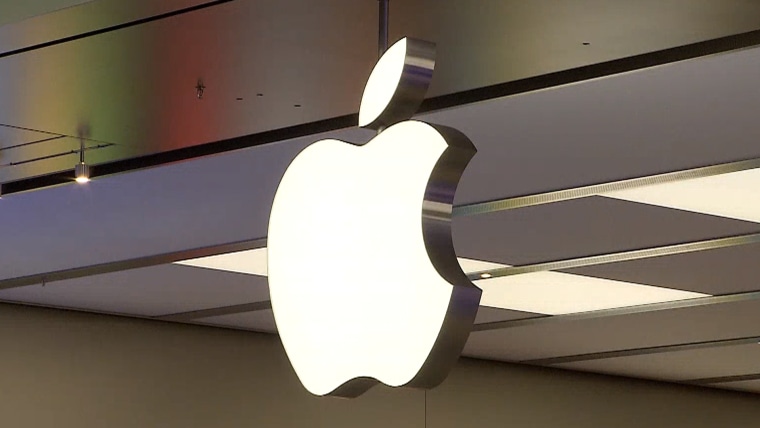Major tech companies including Apple, Samsung, Microsoft and Sony aren't doing enough to make sure the cobalt in their products wasn't mined by child laborers, according to a new report from Amnesty International.
“Millions of people enjoy the benefits of new technologies but rarely ask how they are made," Mark Dummett, business and human rights researcher at Amnesty International, said in a statement. "It is high time the big brands took some responsibility for the mining of the raw materials that make their lucrative products."

Around 50 percent of the world's cobalt comes from the Democratic Republic of Congo (DRC), where child labor is common, according to the report. That cobalt eventually finds its way into lithium-ion batteries that power smartphones, electric cars and other devices.
At least 80 miners died in the DRC between September 2014 and December 2015, according to the report. Children told Amnesty International that they earned $2 a day "carrying heavy loads" during 12-hour shifts.
Of the many companies mentioned in the report, "only Apple and Microsoft said that they had taken any sort of proactive steps" to address the situation.
A Microsoft spokesperson told NBC News that the company was "fully committed to the responsible sourcing of raw materials used in our products" and that it was working on a pilot project with anti-poverty organization Pact to "eradicate child labor in the Katanga region of the Congo related to cobalt mining."

An Apple spokesperson told NBC News that the company "goes beyond what is legally required to drive further change in the DRC and neighboring countries" by funding programs that increase the number of registered miners selling through "conflict-free channels," as well as "providing educational and health care support to mining communities" and improving methods for tracking minerals from mines.
"Though it would be a simpler solution to stop our suppliers from sourcing from countries where challenges exist such as the DRC, doing so goes against our core value of leaving the world better than we found it," Apple said. NBC News reached out to Sony and Samsung, but neither company replied.
While Amnesty International put plenty of blame on multinational corporations, it also noted that "no country legally requires companies to publicly report on their cobalt supply chains," leaving it completely up to companies to share where they get their cobalt from.
